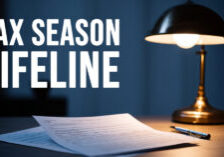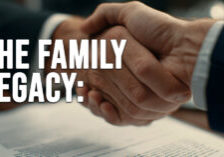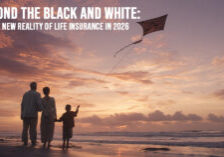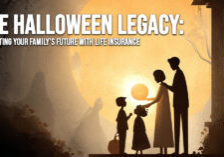FDIC
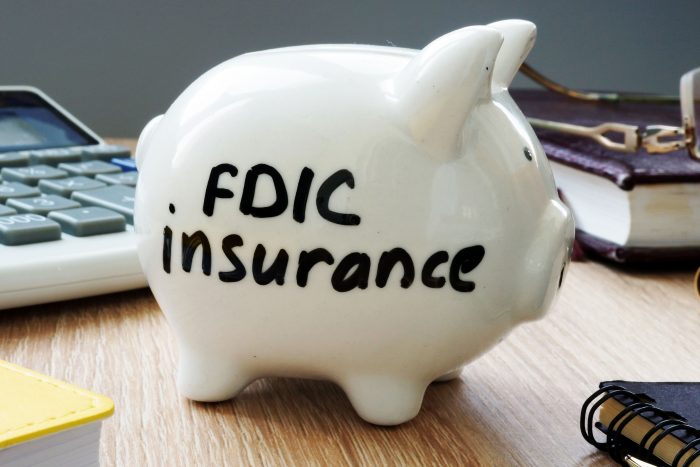
We put our money in the bank to keep it safe. In the bank, it’s accounted for by the cent. It’s much more difficult for someone to steal your money from the bank than it is if it’s cash. Having cash in your home is particularly unsafe if there’s a fire. If we put it in the bank, though, we know exactly how much it is, how much we spend, and where we spend it. But what happens to our money if the bank is robbed or the bank makes a bad investment, costing money? This is precisely why we buy our own insurance coverage. Banks need insurance as well.
How are banks insured?
Banks are insured by the FDIC, or Federal Deposit Insurance Corporation. The FDIC is a government agency that has numerous responsibilities, the most well known being deposit insurance. The agency’s job is to protect bank consumers and the country’s financial system. The guaranteed financial support of the FDIC comes from the United States government.
What is the purpose of deposit insurance?
Banks use our deposited money to make investments to earn revenue. There is a risk that these investments can go wrong, costing the bank money as a result. This is a failure on the bank’s part, which is where deposit insurance comes into play. When the bank fails or runs out of money, the FDIC ensures that you get paid the money you had in the bank.
How much will the FDIC pay?
Similar to your average insurance policy, there are also limits for deposit insurance. The FDIC insures up to $250,000 per account holder. You are the account holder, and even if you have multiple accounts, you are only insured a total of $250,000 for that bank.
What is not covered with this kind of insurance?
- Stocks and bonds
- Safety deposit box contents
- Annuities
- Money market mutual funds
- There are more which are not covered that you can read about on the FDIC’s website
Where does the FDIC get the funding?
Insurance is generally funded by premiums. When you pay a premium for your auto insurance, that money goes into a big pool, combined with other insured’s money. The money is used to pay out on claims. The same goes for FDIC insurance. The banks with this insurance pay a premium, which pays out if the bank fails. Typically, taxpayers dollars are not part of this fund. However, if the loss of the bank is greater than the amount in the pool, the government may need to fall back on taxpayers money.
Are all banks insured?
Although nearly all banks are FDIC insured, they are not mandated to be.
Do you have questions about your insurance? Find an insurance agent near you with our Agent Finder
Search All Blogs
Search All Blogs
Read More Insurance Blogs
Tax Season Lifeline: Why January is the Time to Secure Estate Liquidity with Life Insurance
Tax season is here. Use Life Insurance to create tax-free liquidity for your estate and protect your family business from forced asset sales.
The Healthy Policy: Leveraging Your January Wellness Resolutions for Life Insurance Savings
Did you resolve to get healthier? Your improved fitness can translate into lower life insurance premiums in the new year.
The Family Legacy: Why December is the Time to Name a Trust as Your Life Insurance Beneficiary
Protect your payout. Discover the benefits of naming a Trust as the beneficiary of your life insurance to control distributions and minimize probate delays.
The Most Sustainable Gift: Life Insurance and the Value of Income Continuation Planning
Life insurance ensures the Christmas cheer continues. Practical tips on using income continuation math to calculate the right term policy size for your family.
The Ultimate December Gift: Why Life Insurance is the Most Important Present You’ll Ever Give
Forget the gadgets; life insurance is the real gift of security. A timely look at protecting your family’s future during the season of giving.
The Modern Parent’s Dilemma: Life Insurance for a Generation of Savers and Investors
Today’s parents have new financial goals. Here’s how life insurance can be a flexible tool for a modern family in 2026.
Life Insurance, Not Just a Death Wish: The 2026 Financial Planning Essential
Life insurance is now a living financial tool. This guide shows how modern policies can help you build wealth and plan for the future.
Beyond the Black and White: The New Reality of Life Insurance in 2026
Life insurance is evolving. Learn how new policies are becoming flexible financial tools for families in 2026.
Your Legacy, Your Way: Life Insurance as a Living Financial Tool for 2026
Life insurance is evolving. Learn how new policies are becoming flexible financial tools to help you build wealth and plan for the future.
The Halloween Legacy: Protecting Your Family’s Future with Life Insurance
A thoughtful guide to life insurance as a legacy for your family.

